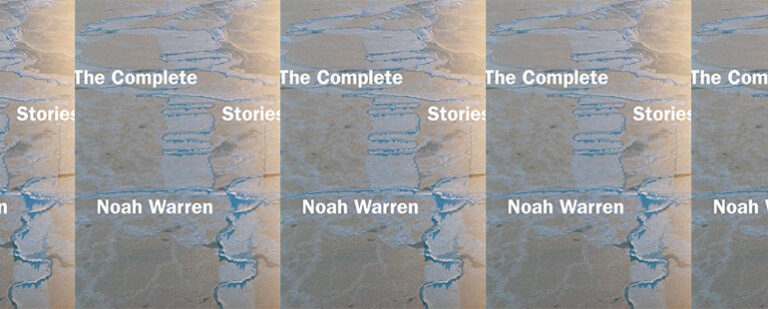Interview with Grace Shuyi Liew, author of Prop
Grace Shuyi Liew is the author of the chapbook Prop (Ahsahta Press, 2016) and Book of Interludes (Anomalous Press, 2016). Her work has appeared in cream city review, PANK, Bone Bouquet, West Branch, and other journals. She is a contributing editor for Waxwing and an alum of Aspen Summer Words, Squaw Valley Writers Workshop, and the Watering Hole.
Grace is from Malaysia and now resides in Baton Rouge, Louisiana, where she works as a teaching artist while completing her MFA at Louisiana State University. I interviewed her on the release of Prop, which was selected by Kerri Webster as winner of the 2015 Ahsahta Chapbook Award.
How did the sequence and its pauses and divisions come about?
I was thinking about western canons and the lineages they pass down without question. Then the set of poems slowly sprawled into a kind of alternative origin story—a bit expansive, a bit mythical, a bit hysterical about banishment. So connectivity quickly became important. The two sisters that share a tail move from undersea to dry caves to suburbia to nationlessness. Continuity and discontinuity became important. And: movement versus stasis, resignation versus vengeance, longing versus rejecting.
At the time I was also a bit obsessed with sentences. I was paying all my attention to sentences-as-lines, and how they can be unyielding and demanding but also sometimes, paradoxically, they open up a habitable place. Then at one point I started to mistrust them and forced myself to resist this habitable place. So a lot of the pauses and divisions were me trying to write against this sentence-ness. Some poems are choppier, enjambed, ruptured, contingent on immediate focus rather than cumulative attention.
How do you know when a book ends and a new one begins?
Prop ends at around 30 pages, but the process of writing it felt longer, more concentrated. It took maybe two to three months of attention, almost every day.
And I mean attention, not active writing. On days of exhaustion I would just pull the pages up and stare at them, re-read, remember, then set it down until the next time. It was its own undersea world, unrested. Then I realized I’d emptied my lungs and needed to come up for air.
Later, a friend read the same 30 pages and said, I can see places that can be expanded, for this to become longer, fuller. Parts of them were still stretchable with pockets of air here and there. And for a split second I thought, yeah, let’s look at it—then I very quickly remembered the feeling of total submersion, of trying to catch air, the desperation . . . so no way, this thing was done.
What sustains your writing?
Other people’s writing. Other people’s thoughts, stuff, memories, art, obsessions. Other poets and their books. Other people’s ways of reaching for the world. And some breathing time to piece it all together.
Any time I’m not writing enough, I know I am not reading enough. Sometimes I am kind of afraid or wary or suspicious of my own thoughts. I mean, I know there’s stuff in there, but I need context to give it shape and weight. I am still tethered to life-saving devices made by other people, to help me undo fears I inherited. Maybe with time I’m happier to float away on my own.
What are you working on now?
I am working on another sequence (an excerpt of it is forthcoming in the next Black Warrior Review). I’m still in love with sentences. That’s a big part of this one—and I’m less resistant to finding comfort in sentences now. And there are still some elements of myth. But the emotional center for this sequence spans several lineages and nations. It feels a whole lot more personal, more directly autobiographical in parts. I am coming up against things about my own migration and rupture.
Prop is available for purchase now from Ahsahta Press.


